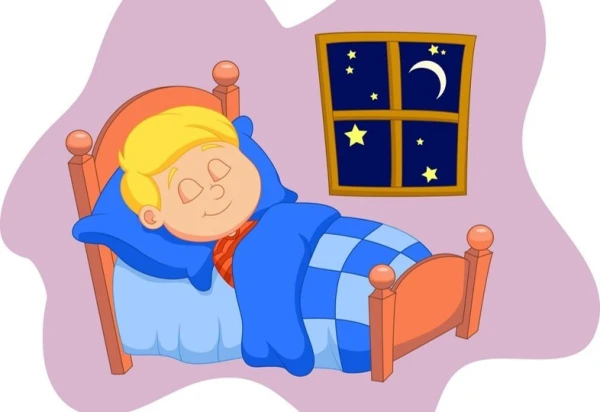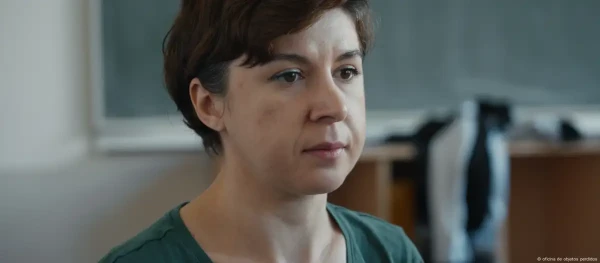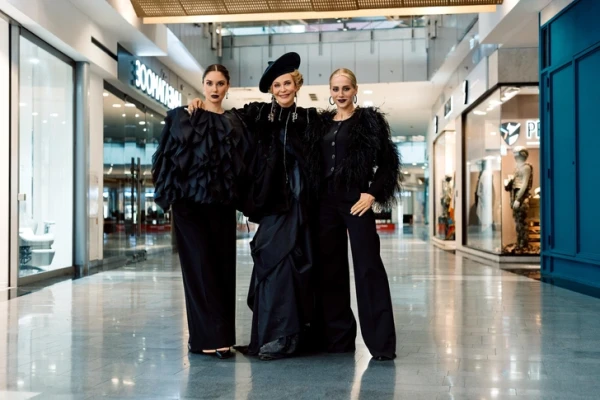
Even if your relationship seems strong and stable, sometimes you catch yourself thinking: "What if there is someone out there who would suit me better?" "Maybe I would be happier if I chose a different path?" These thoughts are natural, especially if you have been together for a long time or are on the verge of serious decisions — such as marriage, moving, or having a child. However, there is a thin but important line between temporary doubts and true settling.
Agreeing to settle for less means staying in a relationship not because it brings joy and intimacy, but because it feels safe, familiar, and better than loneliness. This is not a coincidence, but an internal decision often driven by fear of change. So how can you tell that your relationship has stopped being a choice and has turned into a compromise with yourself?
1. You feel like neighbors, not partners
When a relationship becomes long-term, passion inevitably gives way to calmness and stability. But if you feel like you are merely coexisting — like apartment neighbors rather than close individuals — it may be a sign that the emotional attraction between you has faded. In healthy relationships, there is still room for joy in the little things: a shared evening, an unexpected kiss, planning a vacation together. If this is absent and everything boils down to daily routines, you have likely chosen comfort over connection.
2. You cling to the relationship because "that's how it should be"
Many women have a clear life script in their minds: by a certain age — engagement, then children, followed by a house and a mortgage. There is nothing wrong with this, as long as this script does not become more important than your own feelings. When you continue a relationship not because you are happy, but because everything is "going according to plan," you are inadvertently deceiving yourself. From the outside, everything looks right, but inside there may be no happiness. Psychotherapist Anita Chlipala, author of the book "First We: A Guide for Busy Couples," explains: "When you stay in a relationship just because it aligns with your 'life schedule' and not because you are happy — that is a form of compromise."
3. You are more afraid to leave than to stay
Sometimes we stay not out of love, but out of fear. Fear of being alone, starting over, losing the familiar rhythm. If you honestly ask yourself: why am I still here? — and the answer sounds like "I am afraid to be alone," "I have already invested so many years in this relationship," or "No one else will accept me," — you are not in love; you are in fear.
"Some clients say their partner is a logical choice, a safe option," says Chlipala. "But real relationships are built not on logic, but on connection and inspiration. You should be interested in each other — not just comfortable."
If you have stayed only because leaving seems too complicated — perhaps you have already stopped choosing yourself. Sometimes you justify your decision by saying that you have already invested too many years or that no one else will accept you. But in such cases, the relationship becomes not a choice, but a refuge from loneliness. True connection is born from inspiration, interest, and growth, not from a desire to avoid change.
4. You are waiting for your partner to change
If you continue the relationship because you hope that over time the person will become more attentive, ambitious, or emotional, this is a troubling sign. You are living not with the person who is currently beside you, but with their imagined version. But as Chlipala reminds us, hope is not a strategy: "When you are constantly living in expectation, you are not in reality, but in fantasy. This means you are holding onto an idea rather than the relationship." Hope for future changes may keep you in a relationship where the most important thing is already lacking — the satisfaction of today’s needs. Sometimes it is more beneficial to acknowledge that the person, no matter how good they are, simply does not meet your inner requirements.
5. You sacrifice yourself for the sake of peace
When you start filtering your words, hobbies, or desires just to avoid irritating your partner, you gradually lose yourself. At first, you give up small things — not sharing your plans, trying to be "easy to deal with." Then it escalates into serious compromises: agreeing to things that contradict your principles or turning a blind eye to what troubles you. Over time, the internal tension turns into a feeling that you are living someone else’s life.
6. You often daydream about "what if"
Sometimes fantasies about how things could be different become a constant backdrop. You imagine that life alone or with someone else would bring more ease and joy. You increasingly notice yourself comparing your partner to other people in your thoughts or catching yourself feeling envious of other people’s relationships. Such fantasies indicate that in reality, you are lacking something — attention, warmth, respect.
What to do if you recognized yourself
Realizing that you are settling for less is not easy. It is not always a reason to break up, but it is always a signal to take action. Try to have an honest conversation with your partner — without accusations, just about what you are missing: emotional closeness, shared time, support. If openness does not change anything, perhaps it is time to ask yourself what you truly want and whether you are ready to continue in the same format.
The longer you live in a state of internal compromise, the further you drift away from yourself. After all, relationships are not about surviving together, but about a life where both have space for growth, joy, and love. And if you feel that you deserve more, do not be afraid of change. Sometimes, taking a step into the unknown is the first step toward true happiness.















Leave a comment